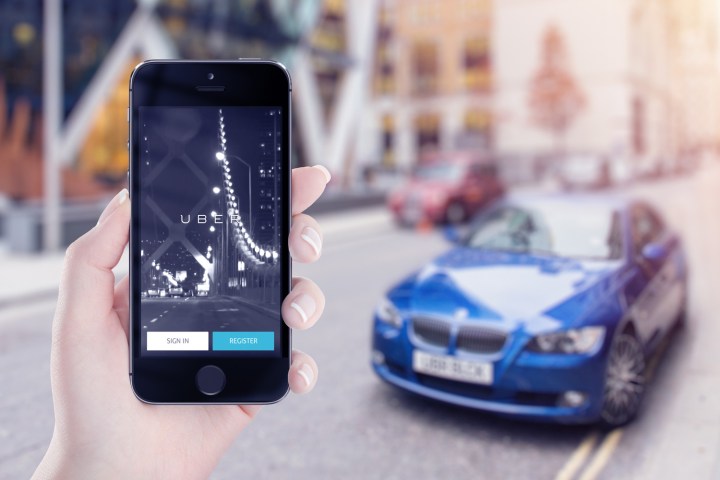
The core issue in these two suits (the issue is still pending in Florida, Arizona, Pennsylvania, and other states) is whether the company or the drivers control the drivers. If Uber dictates everything about the working arrangement, it sounds more like an employer-employee relationship than contract work. If drivers are controlled in all aspects of work by the company, and thus considered employees, they are entitled to benefits. That would cost Uber a lot of money. The company has argued, among other points, that the cost of benefits wouldn’t allow it to stay price competitive in the ride-hailing business.
Both parties recognize that drivers value their independence. The agreement reached by the two parties gives drivers more insight into why drivers are at times barred from the service via the company’s driver’s rating system and also allows the contractors to establish driver assciations in California and Massachusetts. Uber in turn agreed to pay $84 million to the approximately 385,000 drivers represented from the two states in the class action and $14 million more if Uber has an IPO with a valuation more than 1.5 times the valuation of its last financing round ($62.5 billion in December 2015).
The settlements between Uber and its drivers in the two states aren’t legal decisions, but agreements. While these agreements don’t dictate what happens in the suits in other states, they certainly set a precedent.
As the drivers have gained more insight into Uber’s rating system, the company has also admitted it needs to pay more attention. In a statement in the company blog, Uber CEO Travis Kalanick wrote, “Drivers value their independence — the freedom to push a button rather than punch a clock, to use Uber and Lyft simultaneously, to drive most of the week or for just a few hours. That said, as Uber has grown — over 450,000 drivers use the app each month here in the U.S. — we haven’t always done a good job working with drivers. It’s time to change.”
Uber has had a reputation of not being as “nice” as Lyft to its drivers and to the cities in which it launches. The settlement may be a sign of a change in attitude and practice.



